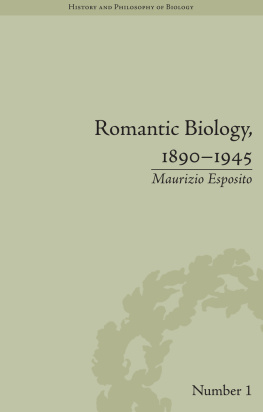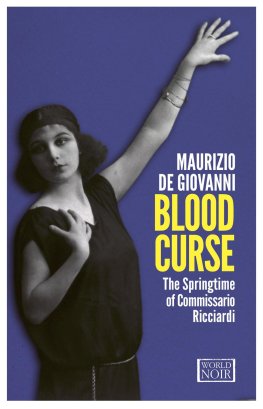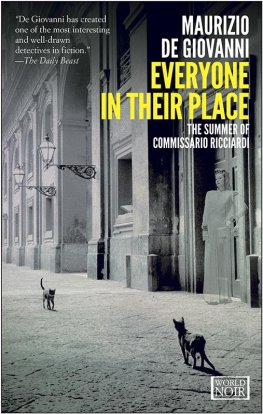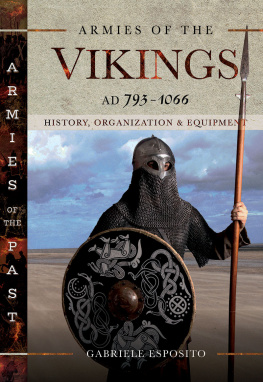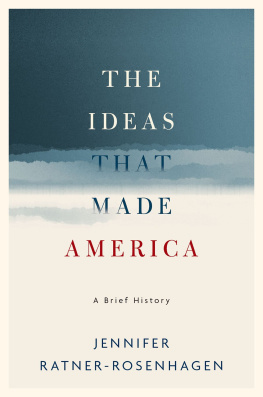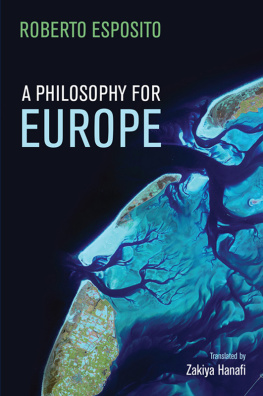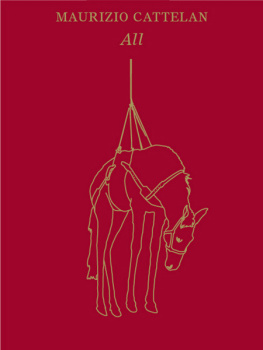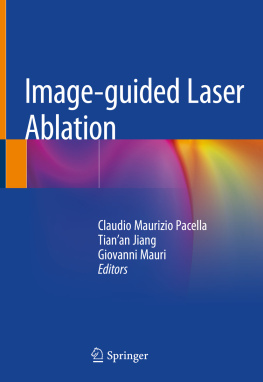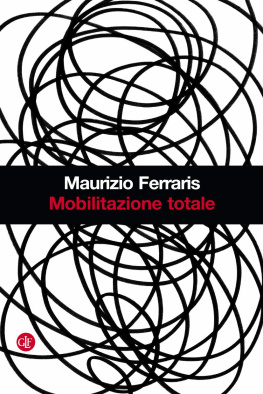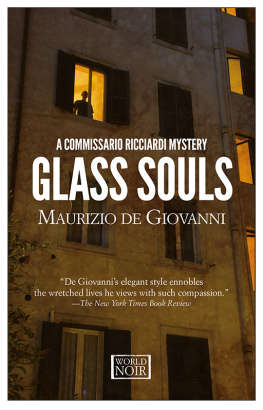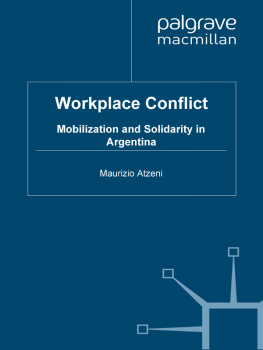First published 2013
by Pickering & Chatto (Publishers) Limited
Published 2016
by Routledge
2 Park Square, Milton Park, Abingdon, Oxon OX14 4RN
711 Third Avenue, New York, NY 10017, USA
Routledge is an imprint of the Taylor & Francis Group, an informa business
Taylor & Francis 2013
Maurizio Esposito 2013
To the best of the Publisher's knowledge every effort has been made to contact relevant copyright holders and to clear any relevant copyright issues. Any omissions that come to their attention will be remedied in future editions.
All rights reserved, including those of translation into foreign languages. No part of this book may be reprinted or reproduced or utilised in any form or by any electronic, mechanical, or other means, now known or hereafter invented, including photocopying and recording, or in any information storage or retrieval system, without permission in writing from the publishers.
Notice:
Product or corporate names may be trademarks or registered trademarks, and are used only for identification and explanation without intent to infringe.
BRITISH LIBRARY CATALOGUING IN PUBLICATION DATA
Esposito, Maurizio, author.
Romantic biology, 1890-1945. (History and philosophy of biology)
1. Organisms. 2. Biology Classification. 3. Biology Philosophy.
I. Title II. Series
570.1'2-dc23
ISBN-13: 978-1-84893-420-7 (hbk)
Typeset by Pickering & Chatto (Publishers) Limited
Several people, institutions and countries have directly or indirectly contributed to this work. First of all, I have to thank Gregory Radick for inspiring this book and fostering its achievement. I also thank all the staff of the Centre for History and Philosophy of Science at the University of Leeds, who provided a beautiful, friendly and productive environment throughout my stay. In particular, I thank Jonathan Hodge, Graeme Gooday, Adrian Wilson, Annie Jamieson, Steven French, Efram Sera-Shriar, Berris Charnley, Emanuele Archetti, Jonathan Topham and Chris Kenny. I am also grateful to all the staff of the Brotherton Library and Boyle Library at the University of Leeds.
I am deeply indebted to the Institute of Philosophical Investigation at the National Autonomous University of Mexico for its generous support. I have spent a wonderful and stimulating year there working on this monograph. In particular, I thank Carlos Lpez Beltrn, Abigail Nieves Delgado and all the staff of the institute. I also thank all the participants of the Philosophy of Biology seminar at the Metropolitan Autonomous University, Cuajimalpa, Mexico, where a part of this work was presented and discussed.
Many other people gave me large or small advices, comments and inspiration along the way. In particular, I remember Joe Cain, Richard Delisle, Ricardo Noguera Solano, Thierry Hoquet, Juan Manuel Rodrguez Caso, Jan Sapp, Garland Allen, Jane Maienschein, Manfred Laubichler, Edna Maria Surez Diaz, Christian Reiss, John Betty and Mark Ulett.
I am grateful to the British Society of the History of Science; the History of Science Society; the International Society for the History, Philosophy and Social Studies of Biology; Arizona State University; the University of California, San Diego; and the Socit dHistoire et dEpistmologie des Sciences de la Vie for their generous support in different stages of my research. I thank the editor of this series and the three anonymous referees for their precious comments and invaluable critical advice. I thank the Department of Philosophy at the University of Santiago, Chile, where I have completed this monograph. A final special thanks go to my parents, Enza Varriale and Corrado Esposito.
Copyright Permissions
I thank the following institutions and individuals for granting me permission to mention and/or publish archival sources: the Scripps Institution of Oceanography in San Diego, in particular the director of the Scripps Historical Archives in La Jolla, Peter Brueggeman, and the archivists Rebecca Smith and Carolyn Rainey; the staff of Bancroft Library at the University of California, Berkeley; the staff of the Woods Hole Historical Collection Archives, in particular the assistant director, Diane Rielinger, and the archivist Lindsey Fresta; the UCL Special Collections Library, in particular the archivist Mandy Wise; the Special Collections Department of the University of St Andrews Library; and the Zoological Station Anton Dohrn of Naples, in particular the archivist Massimiliano Maja.
Credits
Permission to use unpublished material by DArcy W. Thompson granted by Moira Mackenzie, University of St Andrews, Special Collections Division, UK.
Permission to use unpublished sources by F. R. Lillie and E. E. Just granted by Diane Rielinger, Woods Hole Marine Zoological Station, USA.
Permission to use unpublished materials by W. E. Ritter granted by Susan E. Syder, Bancroft Library, University of California, Berkeley, USA; Linda C. Claassen, Special Collections, University of California, San Diego, USA; and Massimiliano Maja, Historical Archives, Zoological Station Anton Dohrn, Naples, Italy.
While every effort has been made to secure permission for copyrighted material, and to credit the material as required by copyright holders, the author will endeavour to correct any unintentional oversights.
If you want to describe life and gather its meaning,
To drive out its spirit be your beginning,
Then though fast your hand lie the parts one by one,
The spirit that linked them, alas is gone,
And Natures Laboratory is only a name,
That the chemist bestows on it to hide his own shame.
J. W. von Goethe, Faust
Romanticism is an epoch. The Romantic is a state of mind not limited to one period. It found its fullest expression in the Romantic epoch, but it does not end with that age; the Romantic exists to the present day
R. Safranski
At the end of the nineteenth century an oft-quoted sentence circulated among critics of Matthias Jakob Schleidens cell theory and was usually attributed to the German botanist and mycologist Anton de Bary (183188): Die Pflanze bildet Zellen, nicht die Zelle bildet Pflanzen (The plant forms cells; the cell does not form plants). Whitman defined this view as the organism-standpoint, a stance he considered prominent among botanists but which he deemed extendable to the whole living kingdom.
In reinforcing what de Bary and other naturalists had stressed a few decades before, Whitman was emphasizing how reductionist approaches were misplaced when applied to living beings. Indeed, in the organic realm the whole had a priority over the constituent parts; the parts were explained, shaped and organized according the properties of the entire organism during its development. To Whitman, and to many of his predecessors and followers, this idea involved some fundamental descending corollaries: that biology had its independence from physical sciences; that life could not simply be reduced to physico-chemical substances; and that organisms could not be seen as mere mechanisms because of their irreducible interactions and the reciprocal relations between the parts and the whole. Yet and precisely because of these relations organisms had to be seen as teleological entities: if the whole was more than the parts, the parts function in terms of the whole. The parts were elements playing a specific role in an interactive system and working for the welfare of the whole. Teleology was the result of a dynamic kind of relationship between the whole and its components. Finally, the organism had to be seen in a constant and active relationship with the environment. The internal and external environment constituted and explained the organism ever since its earliest developmental phases. This conviction entailed the epistemic assumption which as we will see was much diffused among organicist biologists that fieldwork and laboratory studies were complementary; both were required in biological investigations precisely because an organism out of its environment was considered a comfortable abstraction. All these ideas supported each other and together constituted what many antimechanistic and anti-reductionist biologists called, during the first decades of the twentieth century, organismal or organicist biology a research programme that involved institutions, a network of renowned naturalists and a still-vibrant Romantic bio-philosophical tradition.


